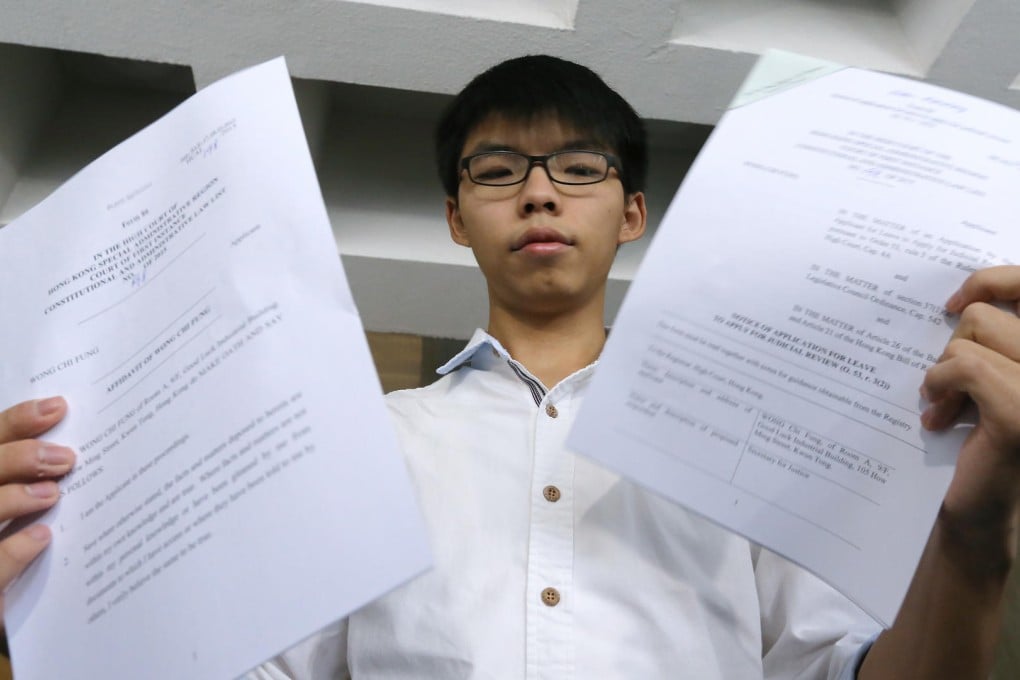Age of reason: Hong Kong is far from being run by old men, despite what student activist Joshua Wong might think
John Chan says a minimum age requirement to stand for election to the Legislative Council doesn't prove Scholarism convenor's claim that the city is a gerontocracy

In Hong Kong, the term "old men's politics" or gerontocracy was first widely talked about in 1989 when hundreds of thousands of students gathered in Tiananmen Square demanding an end to bureaucratic corruption and the start of political reform.
In 1989, China was run by premier Li Peng , then aged 60, and party general secretary Zhao Ziyang , then aged 69. The fate of the country, however, was in the hands of the "eight patriarchs", namely Deng Xiaoping , Chen Yun , Peng Zhen , Yang Shangkun , Bo Yibo , Li Xiannian, Deng Yingchao and Wang Zhen , who were all aged 80 or over at the time.
China has since put in place mandatory retirement for Politburo members when they reach the age of 68, while for grass-roots cadres, retirement is set and strictly enforced at 60 with some sectors as early as 55. Nowadays, no one can say China is practising "old men's politics".
The term came to the public's attention again recently in Hong Kong, when student activist and Scholarism convenor Joshua Wong Chi-fung filed a judicial review on his 19th birthday challenging the minimum age requirement of 21 to stand for Legislative Council elections.
While Wong's arguments have been challenged by some scholars and politicians, his claim of 'old men's politics' in Hong Kong appears simplistic and overexaggerated
Wong claims the age threshold is contrary to the Bill of Rights Ordinance and the Basic Law. He claimed gerontocracy was serious in Hong Kong, citing that the average age of Legco members is 57, with one aged 70 still occupying an important position.
Wong's move has been widely criticised as an attempt to change the threshold for his own needs. While Wong's arguments have been challenged by some scholars and politicians, his claim of "old men's politics" in Hong Kong appears simplistic and overexaggerated.
